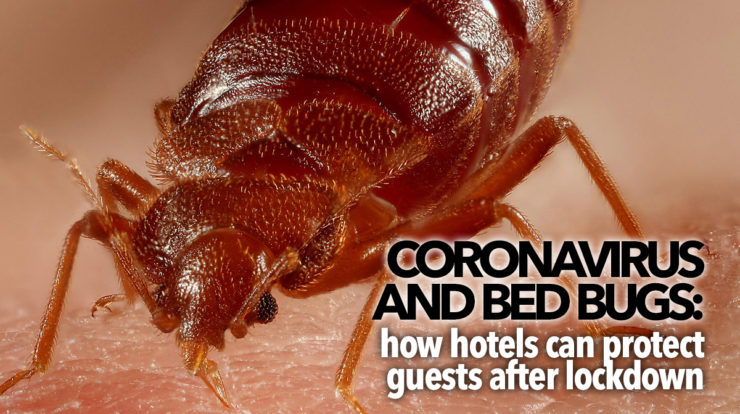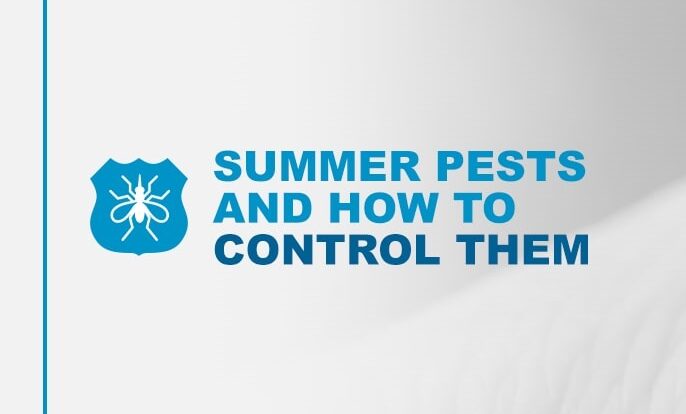
The damage from Covid-19 to hotels may not be over once the Government greenlights a return to travel.
Dormant bed bugs will live around a year without feeding, waiting for hotel guests to return. As part of their Coronavirus recovery planning, hotels should allow time for identifying and treating bed bugs before reopening to guests.
“If your hotel had bed bugs before lockdown, you’ll find them again when you reopen,” “With a life span of more than a year, bed bugs are experts at conserving their energy when there’s no food available. And they’ll be hungry when your guests return.”
Dr Richard Naylor, director and chief entomologist at The Bed Bug Foundation, confirms: “As we’ve seen with ski chalets closed for months during their off-season, I expect the first overnight guests in hotels post-Coronavirus closures will be met by hungry bugs.”
He warned: “If they’ve been dormant for months, bed bugs will be highly aggressive, particularly when it’s dark. If really hungry, they may also lose their phobia of light. This means bed bugs are much more likely to bite when a host returns.”
“Having known infestations treated by specialists is key to providing your guests a safe environment to return to, whilst monitoring systems are a good way to ensure guests won’t get savaged as the bed bugs awake looking for a feed.”
Fryers agrees, adding: “Bed bugs are attracted to carbon dioxide their potential host breathes out. They also like heat. To try and trick them into wasting their energy looking for food, you can up the heat in your rooms. However, we don’t advise hoteliers to take this route due to the monetary and environmental costs of heating an empty room. Instead, investing in a smart monitoring system and working with your pest controllers to treat any infestations are key.”
GOT A BED BUG PROBLEM?
You can find a trained, audited and trusted iPC expert from our website.
ipcbahrain.com

